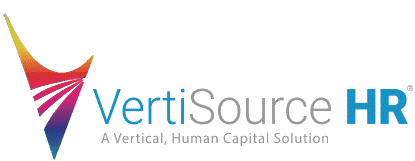A new bill was just signed in California that will ban captive audience meetings. These are mandatory meetings led by the employer to discuss religious and political matters. If an employer requires such a meeting, the California Worker Freedom from Employer Intimidation Act—or SB 399—will subject that employer to a civil penalty starting January 1, 2025.
Details Regarding SB 399
Under this new bill, employers are not allowed to engage in or threaten to discharge, discriminate against, retaliate against, or take action against employees who don’t want to attend or participate in employer-mandated meetings regarding religion and politics.
What does politics mean under the law? It can mean anything from elections to supporting a certain party. Under the law, employees are allowed to bring a private right of action against their employer for violations. However, this law has been criticized many times.
Many employers have spoken up about how this law actually threatens their free speech rights. According to them, the law is too broad and isn’t specific enough. Also, the bill doesn’t seem to have clear rules about enforcement. Are employers not allowed to have political signs anymore?
Although employers do not appear happy about the law, many California labor unions have opposite feelings. This law is a means to stop employers from forcing anti-union meetings. Many employees might have felt like they had to sit through meetings in the past regarding their employer’s political and religious views due to fear of losing their jobs. Now, that fear is gone.
This is a Growing Trend Across the US
California isn’t the only state that has passed this kind of law. In the last few years, many states—including Maine and Minnesota—have passed captive audience laws. However, the law hasn’t been well received by many.
Many captive audience laws have been met with legal pushback. For example, many opponents questioned the constitutionality of the law in Connecticut. Although the law was just signed in California, many are already raising arguments regarding NLRA preemption. Presently, the NLRA prohibits employers from making any threats to employees, interfering with or restraining their exercise of rights, coercing employees, or promising benefits to employees for voting a certain way in a union election.
What Should California Employers Do?
Even though all employers might not agree with this law, it’s been signed and will take effect on January 1, 2025. This does not leave much time for preparation, so employers must take swift action to meet compliance requirements.
It will be important to consult legal counsel, especially if meetings regarding politics and religion are desired. Also, make sure all supervisors are aware of the new captive audience laws and update all the handbooks. Furthermore, communicate clearly to employees the nature of meetings and emphasize that they are voluntary—not a requirement.


